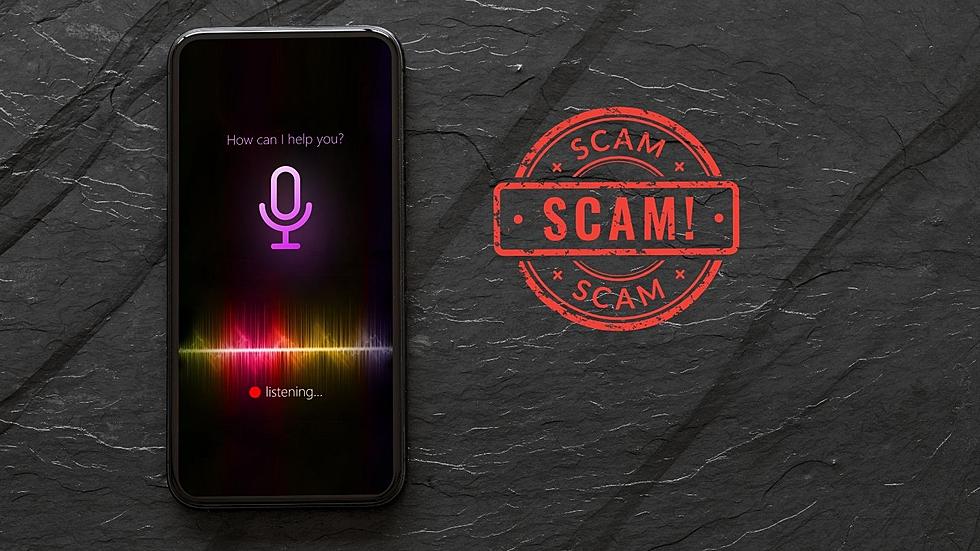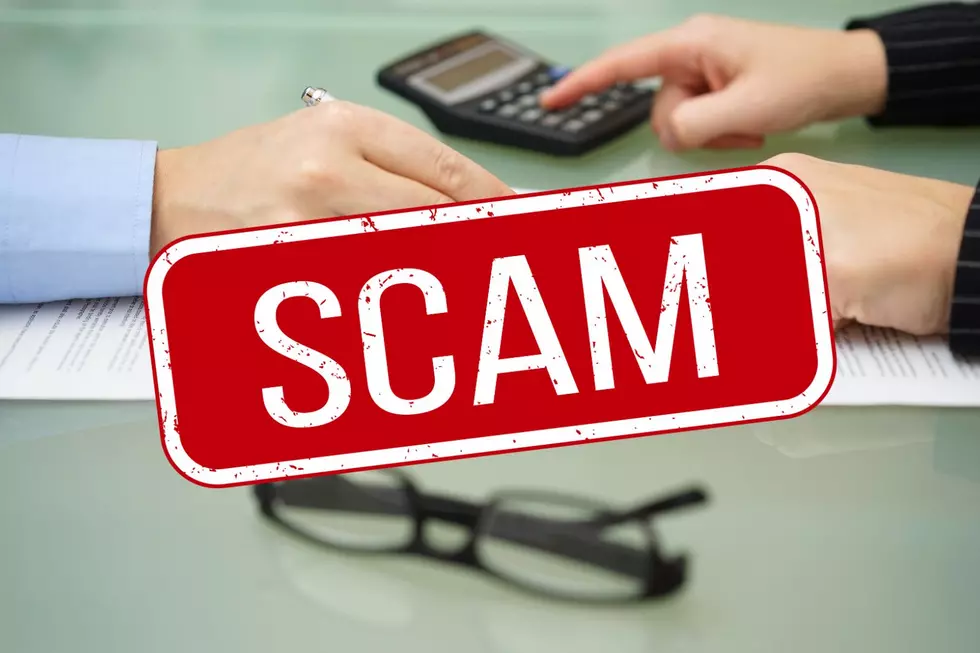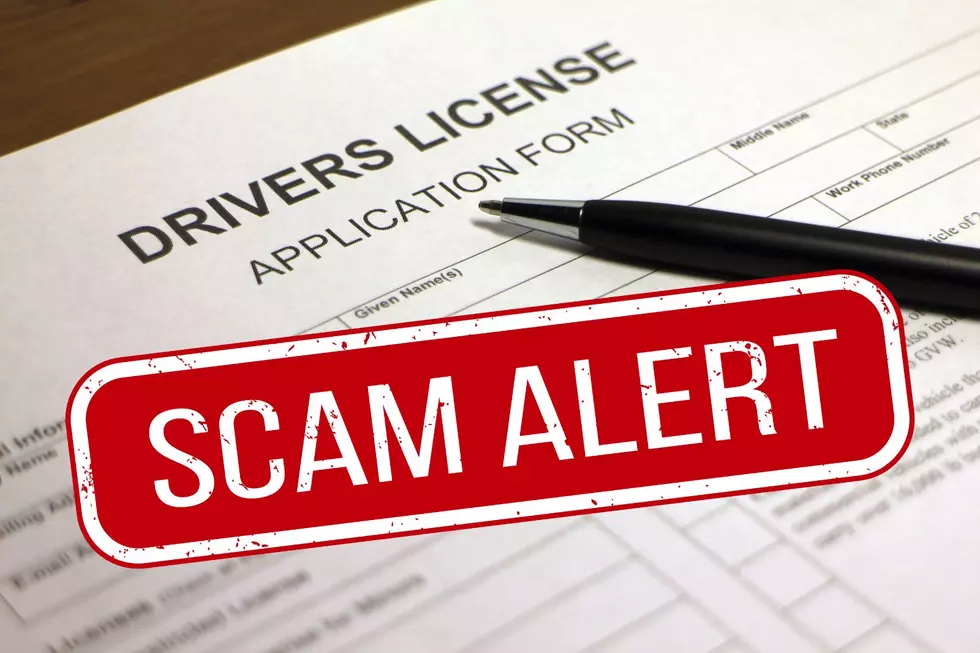
Scam Targets People Asking Smart Devices To Place Phone Calls In Minnesota + Wisconsin
As technology has advanced, we're relying more on the smart devices we carry and have in our homes. A lot of people use their voice to create a text or email or have those things read back to them.
However, if you use your voice to ask a smart device to look up businesses or to dial their phone number, be careful. Scammers are utilizing that technology to rip people off.
According to the Better Business Bureau, trusting your smart device to contact a business could lead to you getting connected to a scammer posing as a representative of that business.
They say that once your conversation with this "business" progresses, red flags will likely start to appear. For example, the person you're talking to may insist they can only help you if you make a payment by wire transfer or prepaid debit card. They may also demand remote access to your computer or point you to a scam website.

There have been several variations of this scam reported, including one where a person asked Siri to look up the United Airlines customer service line. However, instead of reaching United Airlines, they were somehow connected to someone impersonating a United Airlines agent who said he could help them cancel my flight for a fee of $125.
In all versions of this scam, the “representative” isn’t from the company you were searching for at all. Instead, scammers create a fake customer service number and have it bumped to the top of the search results. They hope that when consumers do a voice search using Siri, Alexa, or another device, the algorithm will accidentally pick their scam number and an unsuspecting victim will contact them directly.
The Better Business Bureau has provided the following tips to help avoid this scam:
- Be careful when searching for support phone numbers. Rather than doing an online search or letting your smart device look up a number, use the contact information on the business's website (always double-check the URL) on your bill, or on your receipt.
- Beware of fake ads. Scammers create bad ads with fake customer service numbers. Using voice search to find a number can make it harder to tell a phony listing from a real one. Get your information from the official company website or official correspondence.
- Go straight to the source. For example, if you need to get in touch with Amazon, use the Amazon mobile app or website. This goes whether you’re seeking customer service, tech support, or when looking to make changes to your account. Visit the Message Center on Amazon.com or on the official app to review authentic emails from Amazon. Reputable companies like Amazon will never ask you to provide payment information for products or services over the phone.
- Make payments with your credit card. It’s easier to dispute a credit card payment. Paying by wire transfer or pre-paid debit card is like using cash. There is almost nothing you can do to get the money back.
The bottom line is to do your due diligence and if someone is pressuring you to provide personal information or to make some sort of payment, hang up and take a step back from the situation. If something feels off, trust your instincts and revisit the tips above.
QUIZ: Can you identify 50 famous companies by their logos?

Inside Amazon: A Detailed History of America's Biggest Online Retailer
Gallery Credit: Andrew Lisa
More From B105









